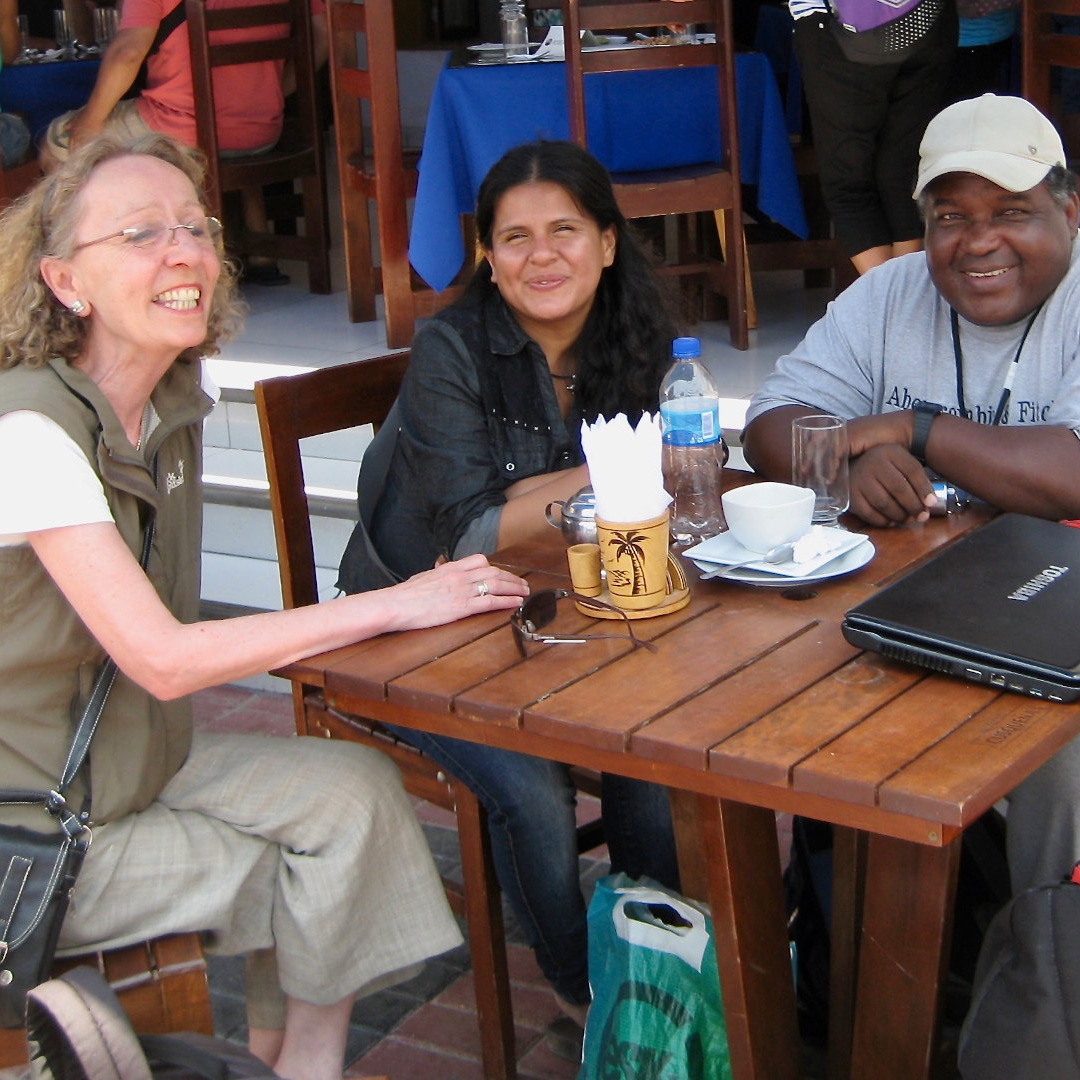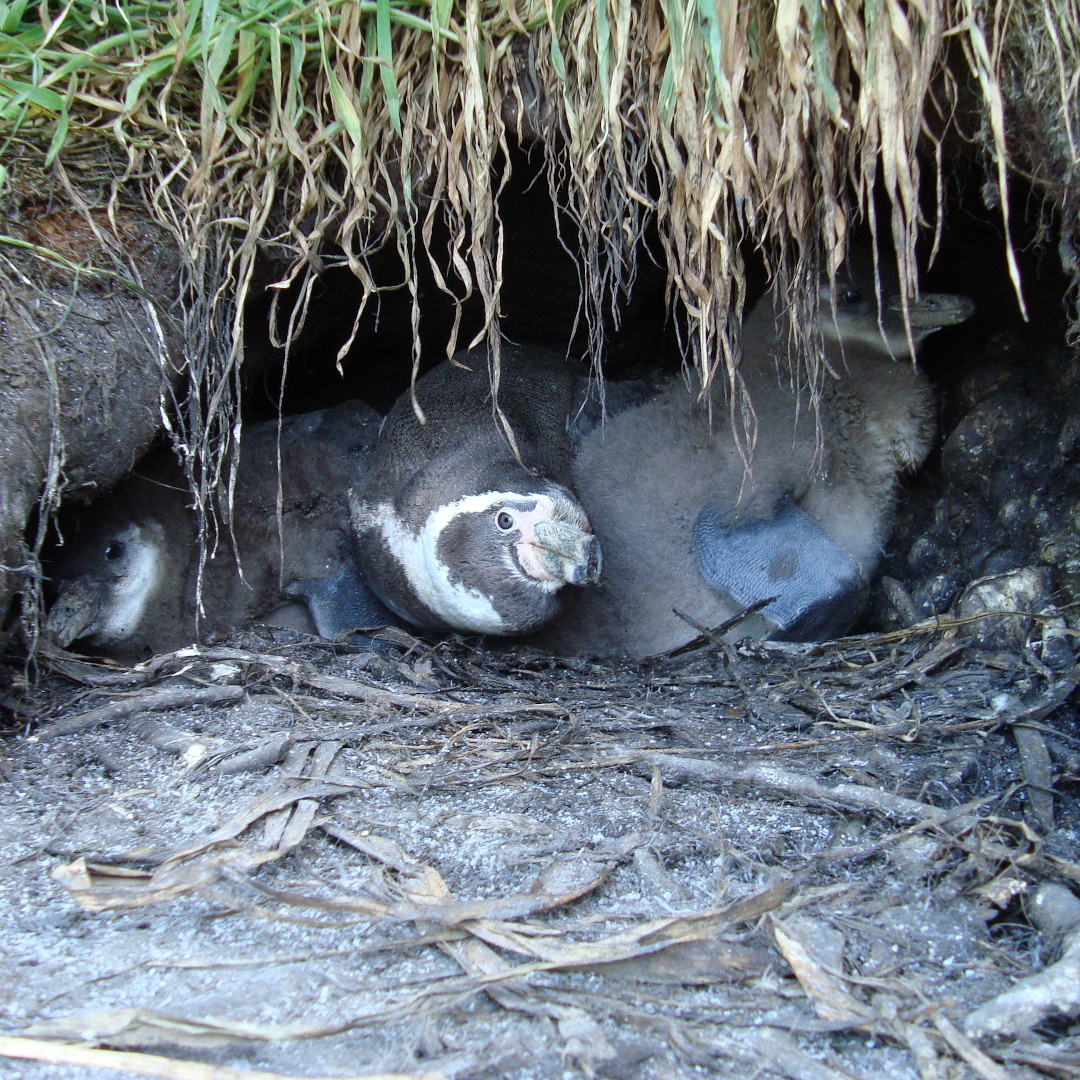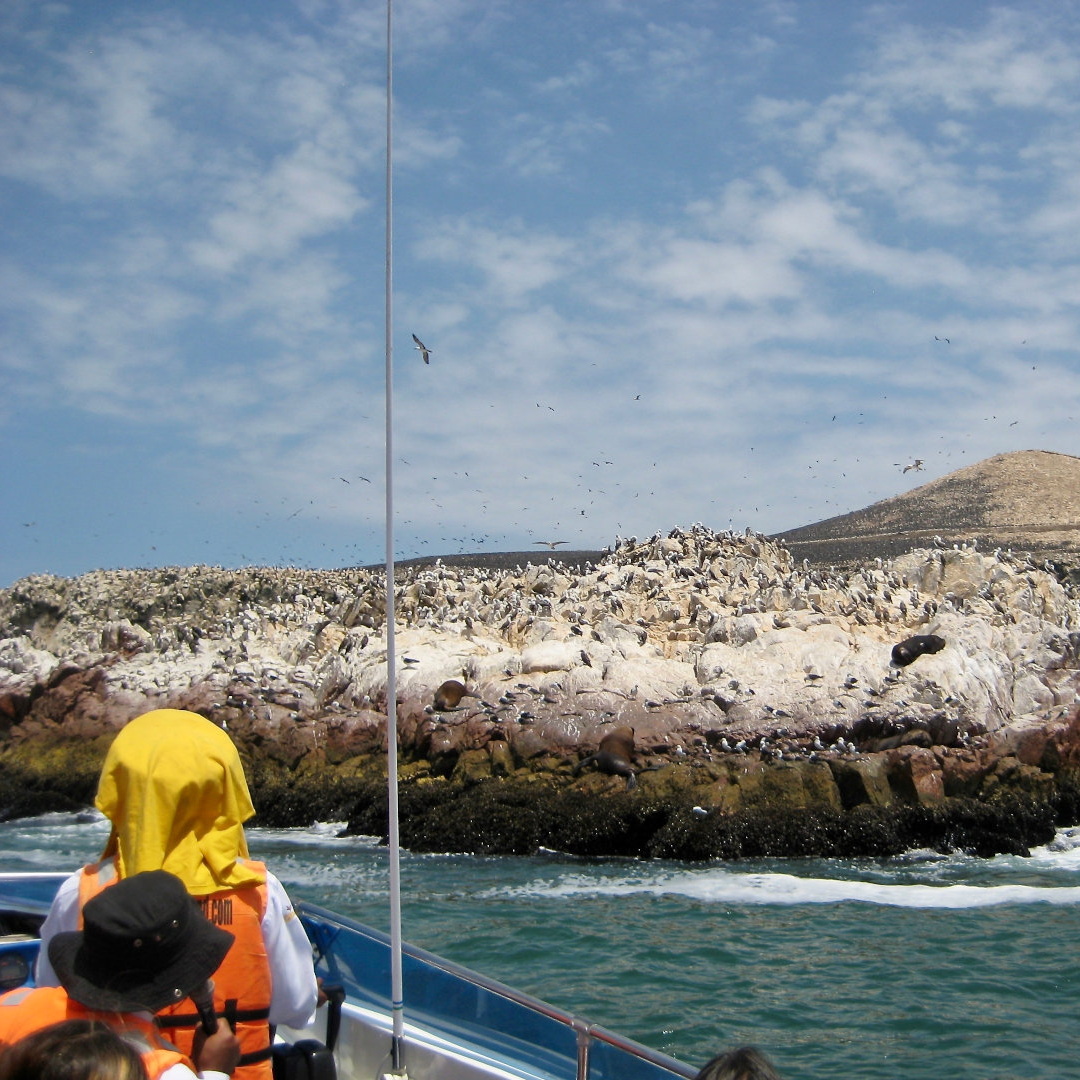Landau May 28, 2021.
For many years, the IUCN (International Union for Conservation of Nature) has classified the Humboldt Penguin as vulnerable, i.e., endangered. Nevertheless, an astonishing number of questions remain unanswered that are relevant to the survival of this penguin species (see article, Research for Survival). In 2019, the Conservation Planning Specialist Group (CPSG) of the IUCN clearly pointed out this deficiency and appealed to researchers to clarify essential questions.
Breeding Colony on the Ballestas Islands
Humboldt Penguins live on the Chilean and Peruvian coasts. The second largest breeding colony in Peru is on the Ballestas Islands in the Pisco-Paracas Region. The islands are part of the Reserva Nacional Sistema de Islas, Islotes y Puntas Guaneras (1). Before the COVID-19 pandemic, around half a million people visited the area each year. This makes the bird islands the second most important tourist attraction in Peru after Machu Picchu. It is completely unclear whether and, if so, what effects mass tourism has on the state of the penguin colonies. Therefore, in July 2021, on behalf of SPHENISCO, ACOREMA will begin an initial one-year study on breeding success and possible man-made disturbances. The project is funded by the Frankfurt Zoo and the Marlow Bird Park.
Census und Monitoring
Humboldt Penguins are very shy, and the Ballestas Islands are difficult to access. Therefore, the examinations are carried out in a non-invasive way with the help of a drone. The data collection takes place two times a month. The most important breeding colony is located in "Ballestas Centro". It is to be examined from the North Island, 300 meters away. The drone flies at a height of at least 10 meters in order not to change the behaviour of the animals. With high-resolution images or videos, the characteristics of the colony, the nesting sites, the timing of breeding, the development of the chicks, the number of young animals or the fully-fledged young birds are recorded. The criterion for the success is the growth of independent young birds (fledge).
In the evaluation, the successful broods are compared with the failed ones. Thus, it is checked whether the choice of nest locations and the type of nests influence the breeding success. In addition, further factors are to be identified which may influence the loss of sites and broods. Since the investigations are carried out during brood and during moulting, significant changes in the population in these periods may be described. With the help of data on the pressure from tourist activities, possible effects will also be analyzed.
The short film "Bruterfolg auf den Ballestas Inseln?" (2.5 min.), produced by Gabriele & Werner Knauf, also informs about the planned research: https://vimeo.com/556238563
Environmental Education and Public Relations
ACOREMA will use the research to inform about the project, the importance of protecting the penguin colony, its contribution to the local economy and compliance with certain rules when visiting its habitat. For this purpose, it plans to conduct workshops with employees of authorities, rangers of the National Reserve System, representatives of tourism companies and universities, and to develop three infographics. The graphics will be published at intervals on the ACOREMA website and on social networks. Tourism companies and other local actors will ensure its dissemination. One of the infographics is to be posted at the most important places in the Pisco Region.
The penguin colony on the Ballestas Islands is most affected by human activities. Research will improve information on the colonies. This will create a baseline and set new impulses for protective measures in favor of this penguin species and its habitats.
W.K.
translated by Erich Greiner
(1) Reserva Nacional Sistema de Islas, Islotes y Puntas Guaneras - RNSIIPG, National Reserve System of Islands, Islets and Puntas Guaneras.
Click to enlarge:





